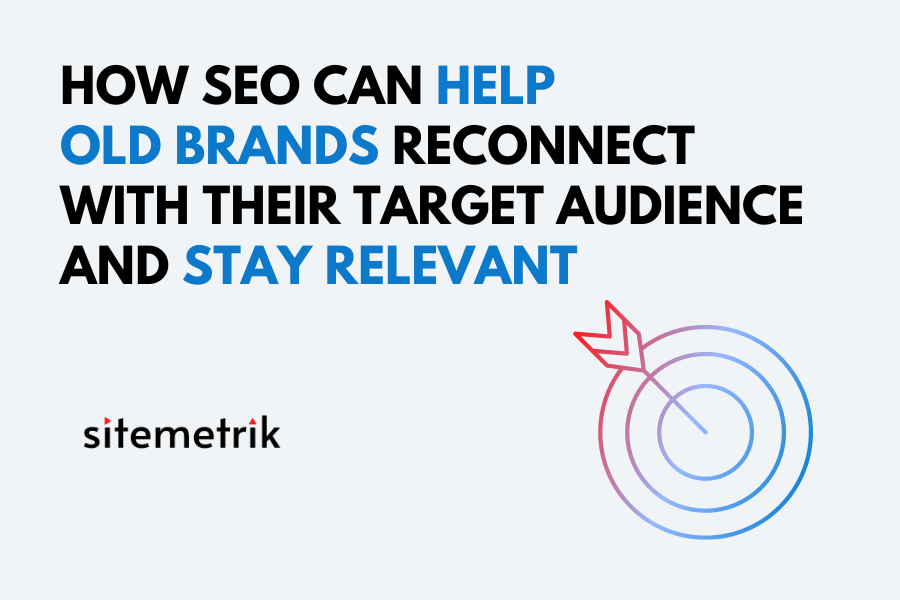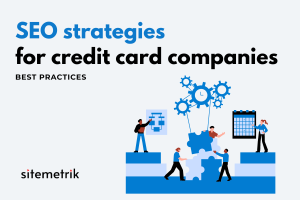How SEO Can Help Old Brands Reconnect with Their Target Audience and Stay Relevant
What is SEO?
SEO, also known as search engine optimization, is the process of optimizing a website to increase its visibility and presence in search engine results. It involves various strategies and techniques that aim to improve a website’s ranking in search engine rankings, thereby driving organic traffic and attracting potential customers.
SEO focuses on optimizing a website’s content, code, and structure to make it easy for search engines to understand and crawl. By targeting specific keywords and creating high-quality content, businesses can increase their online visibility, reach their target audience, and ultimately revive and modernize their brand. SEO is a critical component of any digital marketing strategy, helping businesses stay competitive in today’s online landscape. In this article, we explore how SEO revives and modernizes established brands by reconnecting them with target audiences and keeping content discoverable.
Benefits of SEO for Old Brands
SEO, or search engine optimization, offers numerous benefits for established brands looking to revive and modernize their online presence. In fact, according to a survey by RulerAnalytics, implementing effective SEO strategies can significantly increase conversion rates, outperforming other marketing techniques.
For old brands that may have neglected their digital presence, SEO can help boost organic search rankings and increase visibility to potential customers. Outdated SEO strategies can hinder rankings and even lead to penalties from search engines, highlighting the importance of staying up to date with current techniques.
To improve online presence, old brands should focus on the fundamentals of SEO such as optimizing target keywords, creating high-quality and valuable content, and building a strong backlink profile. Additionally, optimizing for local search, through tactics like creating a Google My Business listing and using relevant location-based keywords, can help drive customer engagement and increase visibility in specific areas.
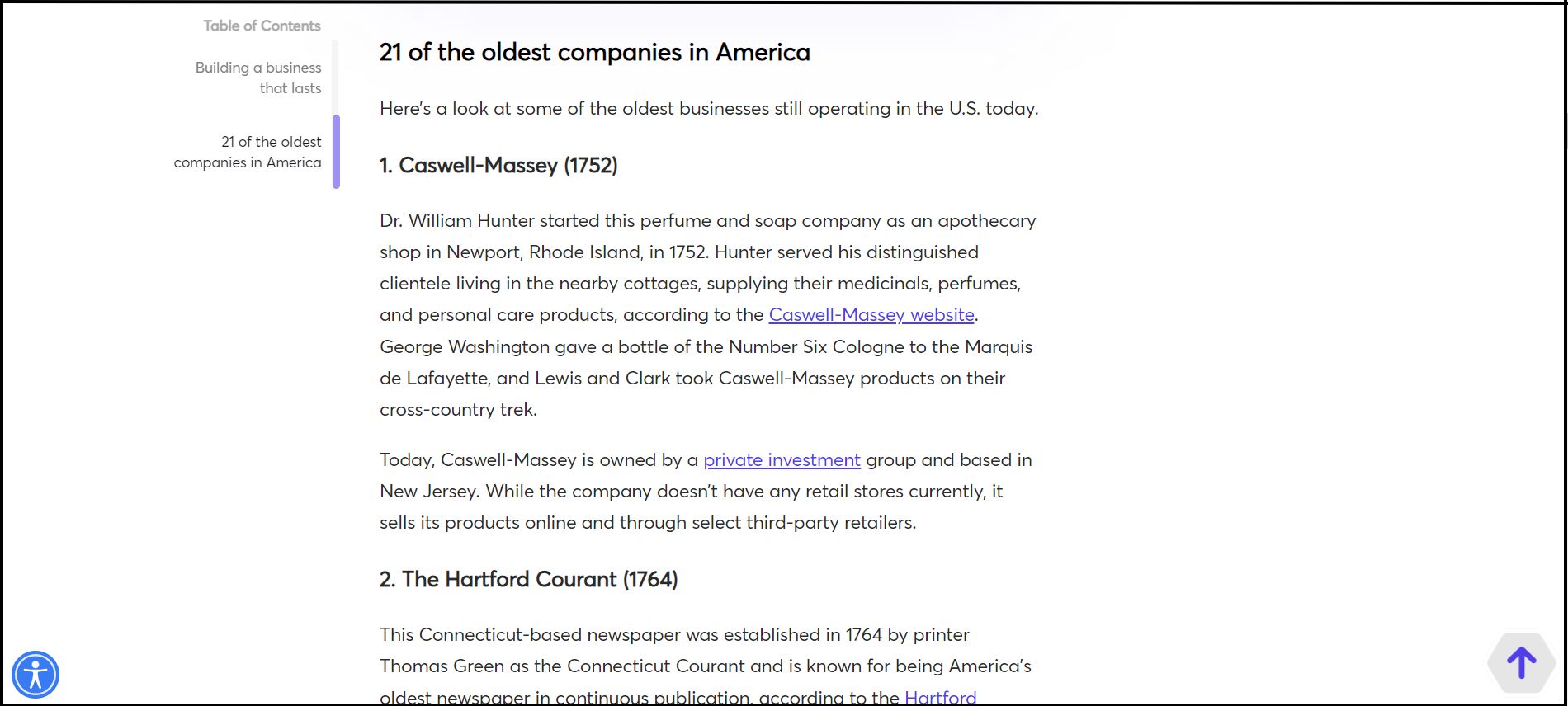
Understanding Your Target Audience
Understanding your target audience is crucial for the success of any SEO strategy. By identifying and analyzing your potential customers, you can tailor your SEO efforts to meet their needs and preferences. Start by conducting thorough research to gather demographic information, such as age, gender, location, and interests. This data will help you create buyer personas and understand the specific pain points and desires of your target audience. Once you have a clear understanding of who your ideal customers are, you can optimize your website content and keywords to align with their search queries. This will increase the chances of appearing in relevant search results and attracting the right traffic to your site. Additionally, understanding your target audience allows you to create relevant and engaging content that resonates with them, improving user experience and increasing the likelihood of converting visitors into customers.
Researching Your Current and Potential Customers
In today’s competitive business landscape, it’s crucial for established brands to stay relevant and connected with their customers. One way to achieve this is through conducting thorough research on both current and potential customers. By understanding their needs, preferences, and behavior, brands can tailor their offerings to meet their target audience’s expectations and stay ahead of the competition.
Utilizing market research tools and techniques is essential in gathering valuable insights about your target audience. Surveys, interviews, and social media monitoring are just a few methods that can provide valuable feedback and opinions from customers. Analyzing demographic data and customer behavior allows brands to align their marketing strategies with their customers’ preferences, resulting in increased brand loyalty and customer satisfaction.
Market research enables businesses to identify new market opportunities, make informed business decisions, and gain a competitive edge. It helps brands understand the evolving demands of their target audience and develop products and services that cater to their specific needs. By leveraging research findings, brands can create effective marketing campaigns, refine their messaging, and deliver superior customer experiences.
Analyzing the Search Engine Market
Analyzing the search engine market is a crucial step in developing an effective SEO strategy for established brands aiming to reconnect with their target audience. By understanding the current landscape and competition, brands can gain valuable insights that can help them optimize their online presence and improve their search engine rankings.
Examining factors such as search engine rankings allows brands to identify their competitors and evaluate their own performance within the market. This analysis helps brands understand where they stand in relation to their competition and identify areas for improvement. Additionally, analyzing search queries and search intent provides valuable information about what potential customers are looking for, allowing brands to align their content and offerings accordingly.
By analyzing the search engine market, businesses can identify trends, patterns, and opportunities that can inform their SEO strategy. This includes understanding the keywords and topics that are currently in demand, and optimizing their website and content to align with these trends. This research also helps brands create relevant and valuable content that resonates with their target audience, ultimately driving more organic traffic and improving their online visibility.
Evaluating Your Online Presence
In today’s digital age, having a strong online presence is crucial for brand success. Evaluating your online presence allows you to assess how well your brand is performing in the online space and identify areas for improvement. By analyzing factors such as search engine rankings, website traffic, and social media engagement, you can gain valuable insights into your brand’s visibility, reach, and customer interaction online. This evaluation enables you to make informed decisions about your digital marketing strategies, optimize your content and website for search engines, and ultimately enhance your online visibility and customer experience. Whether you are an established brand or a new business, regularly evaluating your online presence is essential in staying competitive in today’s digital landscape.
Assessing Your Current SEO Strategy
To ensure success in today’s digital landscape, it’s essential for established brands to continually evaluate and update their SEO strategy. By assessing the effectiveness of existing tactics and analyzing relevant metrics, such as organic traffic, bounce rate, and conversion rate, businesses can revitalize their online presence and reach their target audience effectively.
Tools like Google Analytics and Google Search Console provide valuable insights into the performance of various marketing techniques. By comparing metrics across different channels, businesses can identify which strategies yield higher conversion rates. It is often observed that organic search drives more conversions compared to pay-per-click (PPC) ads and social media campaigns.
When evaluating the effectiveness of your current SEO strategy, consider the fundamentals that should be factored into your overall digital marketing strategy. These include optimizing your website with target keywords, creating high-quality content that aligns with search intent, building a strong backlink profile, and ensuring a seamless user experience.
By regularly monitoring metrics, assessing your current SEO strategy, and adapting to the evolving digital landscape, your brand can modernize and revitalize its online presence, ultimately attracting more organic traffic, reducing bounce rates, and increasing conversion rates.
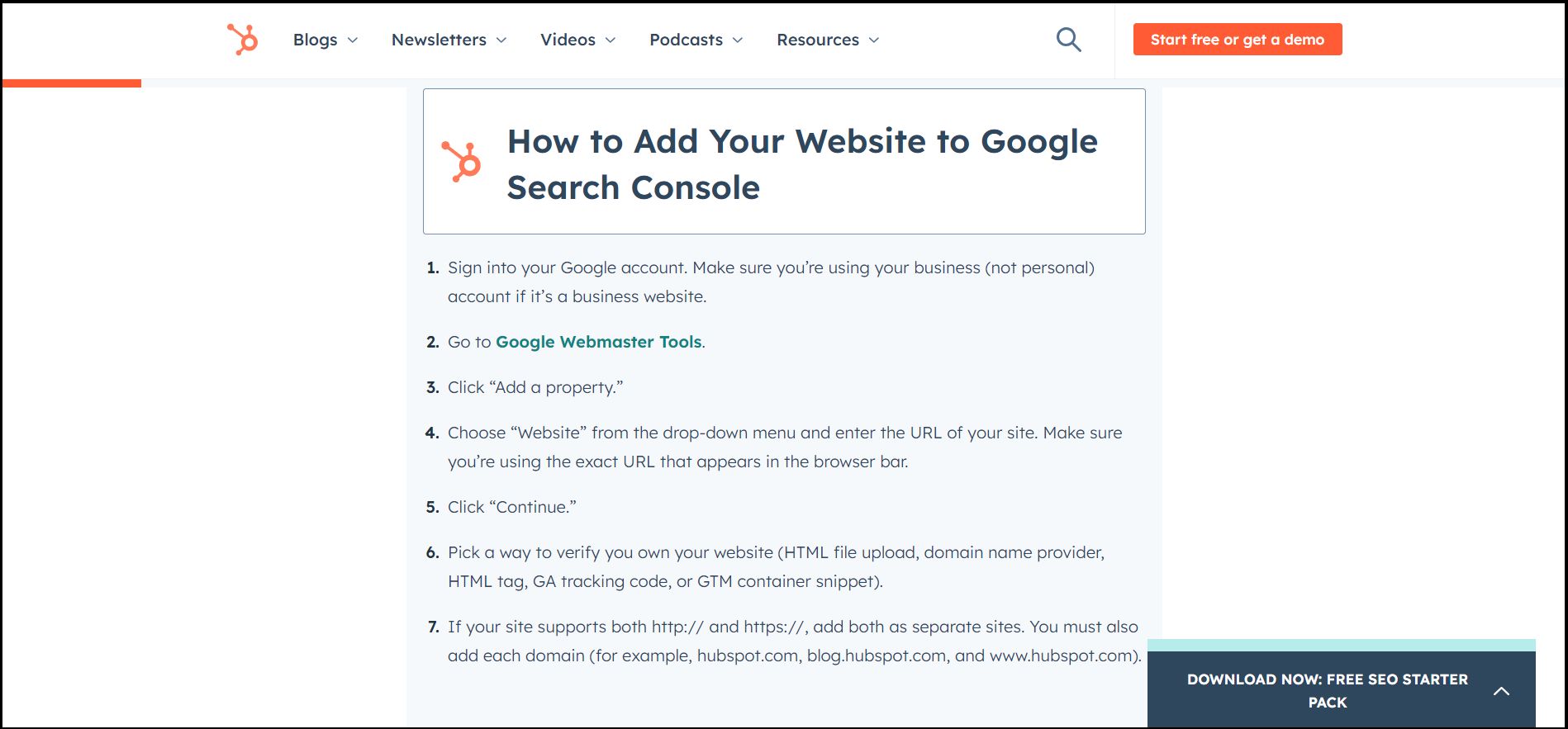
Identifying Opportunities to Improve Your Digital Presence
To identify opportunities to improve your digital presence, the old brand should focus on optimizing its social media profiles, creating engaging content, and leveraging SEO strategies.
- Firstly, optimizing social media profiles is crucial for building an online presence. This can be achieved by ensuring that all profiles are complete, consistent, and aligned with the brand’s message. It’s important to use relevant keywords in the profile descriptions, include high-quality visuals and regularly update the content to keep it fresh.
- Secondly, creating engaging content is key to attracting and retaining a target audience. The old brand should focus on producing valuable and informative content that resonates with its audience. This can include writing blog posts, creating videos, or designing infographics. By providing valuable content, the brand can establish itself as a trusted source of information and increase its online visibility.
- Lastly, leveraging SEO strategies is essential for improving the digital presence. The old brand should focus on conducting keyword research to identify relevant and high-ranking keywords to target in its content.
By optimizing website pages, blog posts, and other content with these keywords, the brand can increase its visibility in search engine rankings. Additionally, building a strong backlink profile by acquiring high-quality backlinks from reputable sources can also boost the brand’s online authority and visibility.
Setting SEO Goals for Old Brand to Reconnect with Their Target Audience
In order for established brands to revive and modernize themselves in the digital landscape, setting SEO goals becomes crucial. By aligning their SEO strategy with their target audience’s needs and preferences, old brands can effectively reconnect with their audience and improve their online presence. One important aspect is to conduct thorough keyword research to identify relevant and high-ranking keywords that reflect the brand’s offerings and resonate with their target audience. This will help optimize website pages, blog posts, and other content to increase visibility in search engine rankings. Additionally, setting goals for building a strong backlink profile, improving user experience, and leveraging social media platforms can also help the old brand reconnect with their target audience and revitalize their online presence.
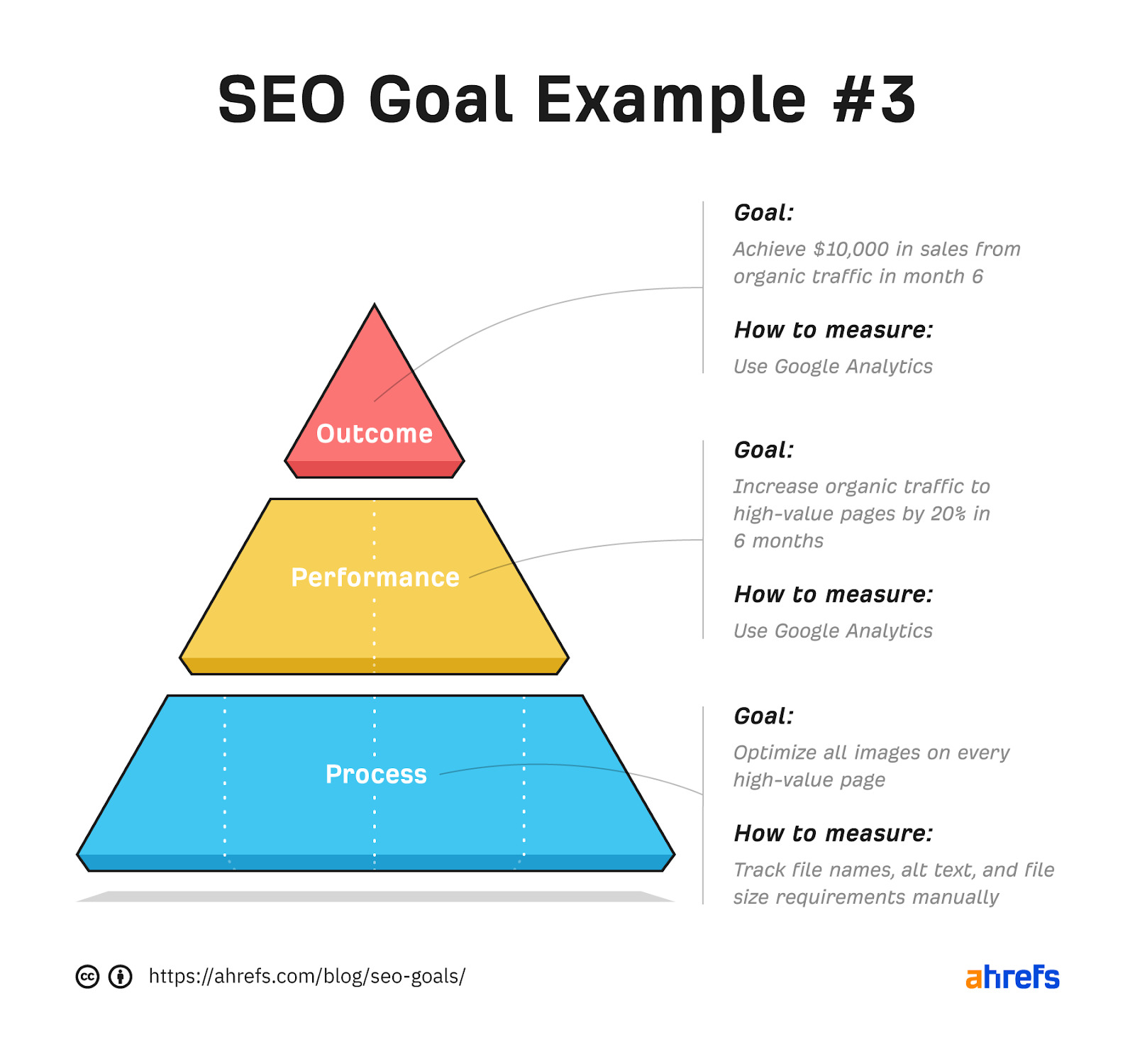
Defining Keywords that Match Your Target Audience’s Needs
Defining keywords that match your target audience’s needs is essential for driving organic traffic and improving search engine rankings. To do this, thorough research is required.
- Start by analyzing popular keywords in your industry. This can be done using various keyword research tools. Identify the keywords that receive the most search volume and have low competition. These popular keywords are often a good starting point for optimizing your content.
- Next, analyze the keywords that your competitors rank for. This will give you insight into the keywords that are driving traffic to their websites. Identify any gaps in their keyword strategy and consider targeting those keywords that they may have overlooked.
- Additionally, look at Google’s “People also ask” questions for your target keywords. These questions are based on what people are actually searching for and can provide valuable insight into your audience’s search intent.
- Compile all the data and create a list of the top 5 most relevant keywords that align with your target audience’s search intent. These keywords should be incorporated into your website’s content, meta tags, headings, and URLs.
By defining keywords that match your target audience’s needs, you can create valuable content that addresses their specific concerns and interests. This will not only improve your search engine rankings but also attract more potential customers to your website.
Establishing a Content Marketing Plan to Reach High-Quality Content Goals
To achieve high-quality content goals, it is essential to develop a comprehensive content marketing plan. Here are the steps to follow:
- Research and Identify Audience: Understand your target audience’s needs, preferences, and pain points. Conduct surveys, interviews, and analyze data to gain insights into their interests.
- Set Clear Objectives: Define your content marketing goals, whether it’s increasing brand awareness, driving website traffic, or generating leads. Make sure they are specific, measurable, attainable, relevant, and time-bound (SMART).
- Create an Editorial Calendar: Plan your content in advance, ensuring a consistent and organized approach. Map out topics, focus keywords, and intended publishing dates to maintain a steady flow of content.
- Develop Informative and Engaging Content: High-quality content should provide value to your audience. Create informative and comprehensive long-form content that covers topics thoroughly. Address their pain points, provide actionable insights, and deliver solutions.
- Differentiate Your Content Strategy: Explore unconventional formats, such as videos, podcasts, or interactive elements, to engage your audience. Implement storytelling techniques to captivate and emotionally connect with them. Incorporate user-generated content to foster community participation and social proof.
- Monitor and Analyze Performance: Regularly track your content’s performance using analytics tools. Measure metrics, such as website traffic, engagement, conversions, and time spent on-page. Adjust your strategy based on the data to optimize results.
By following these steps, you can establish a content marketing plan that focuses on developing high-quality, informative, and engaging content that adds value to your audience’s lives.
Making Use of Google Analytics and Other Tools to Track Progress towards Goals
To effectively track progress towards SEO goals, it is essential to utilize key steps and tools that provide valuable insights. Here are some crucial steps and tools you can use:
- Implement Google Analytics: Google Analytics is an indispensable tool for monitoring your website’s performance. It allows you to track website traffic, identify popular pages, and understand visitor behavior. With its comprehensive data and metrics, you can measure the success of your SEO efforts and make informed decisions to optimize your strategy.
- Set up Goals: Within Google Analytics, you can set up specific goals to track conversions and actions taken by visitors on your website. Whether it’s completing a purchase, filling out a contact form, or subscribing to a newsletter, setting up goals helps you measure the effectiveness of your SEO campaigns.
- Monitor Organic Search Traffic: Google Analytics provides insights into the amount of organic traffic your website receives. By monitoring organic search traffic, you can track the impact of your SEO activities on driving visitors to your site.
- Utilize Moz’s Google Algorithm Change History: To stay updated with Google’s algorithm changes and how they may affect your SEO efforts, Moz’s Google Algorithm Change History is a valuable resource. It provides a historical record of updates that can help you understand any fluctuations in search rankings or traffic.
- Use Google Webmaster Central: Google Webmaster Central provides essential data on your website’s performance in search results. It offers insights into crawl errors, HTML improvements, backlink information, and more. By regularly monitoring this data, you can identify and address any issues that may impact your SEO progress.
By making use of Google Analytics and other tools like Moz’s Google Algorithm Change History and Google Webmaster Central, you can effectively track progress towards your SEO goals. These tools provide valuable data and insights that enable you to optimize your SEO strategy, improve website traffic, and enhance overall performance.
Selecting an SEO Company for Old Brands to Reconnect with Target Audience
When it comes to reviving and modernizing established brands, search engine optimization (SEO) plays a crucial role in reconnecting with the target audience. By optimizing a brand’s online presence and aligning it with the latest digital marketing strategies, an effective SEO campaign can drive organic traffic, improve search engine rankings, and ultimately bring potential customers back into the fold.
However, for old brands looking to capitalize on SEO, it is essential to choose the right SEO company that understands their unique challenges and has the experience to develop a tailored strategy. With expertise in keyword research, content marketing, link building, and analytics, an experienced SEO agency can help reposition an old brand and ensure it reaches its intended audience effectively. By focusing on search rankings, user experience, and valuable content, an SEO company can help revive an established brand and bring it into the modern digital landscape.
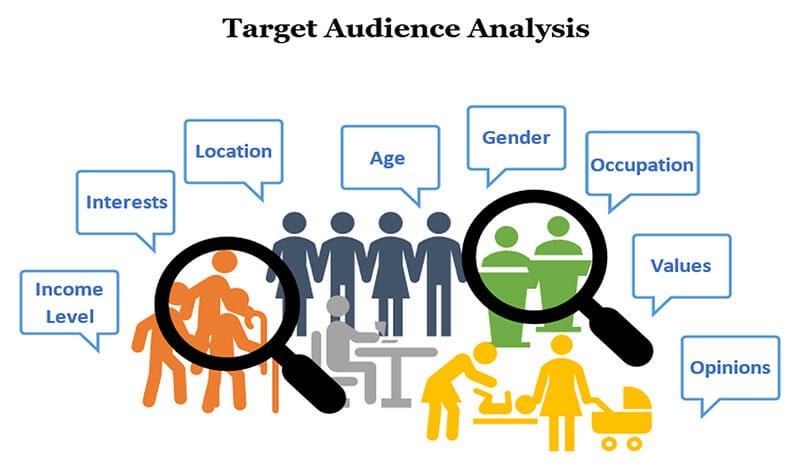
Comparing Different Packages Offered by Different Companies/Agencies
When comparing the different packages offered by SEO companies/agencies, there are several factors to consider. One factor is pricing, which can vary based on location, complexity, project size, and experience level. Generally, agencies in larger cities may have higher prices compared to those in smaller towns. Additionally, more complex projects that require extensive technical optimization or link building may be priced higher than simpler projects.
Another important factor to consider is the tools and resources used by the agencies. A reputable agency should have access to industry-standard tools like Google Analytics, Google Search Console, and keyword research tools. These tools are essential for optimizing websites and measuring the effectiveness of SEO strategies.
Furthermore, it’s important to evaluate the agency’s approach to measuring success and providing reports. Look for agencies that offer regular reporting on key performance indicators like organic traffic, search rankings, and keyword performance. This will ensure transparency and allow you to track the progress of your SEO campaign.
Conclusion
Elevating your online presence and boosting organic traffic is within easy reach. Tapping into the services of a leading SEO agency offers a straightforward solution. With their wealth of expertise and resources, these professionals can elevate your digital presence and drive organic traffic. Through strategic website optimization and precise keyword targeting, they bolster search engine rankings, attracting potential customers in the process. Furthermore, SEO agencies offer invaluable insights into your target audience, enabling the creation of compelling, user-centric content. Don’t delay—unlock your online potential today.

Baris Coskun
Baris Coskun is 8 years experienced SEO Expert that specializes in content and technical SEO strategy creation/implementation progress for large-scale, multilingual, and international targeting websites.

